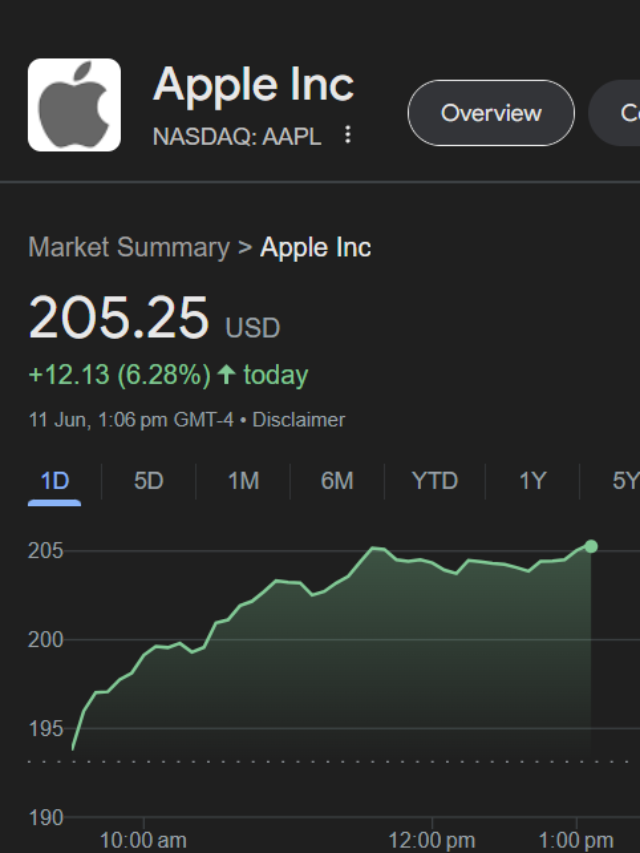The term “Marxist” is trending, and it’s not just academics and historians buzzing about Karl Marx’s theories. From mainstream media debates to online discussions, the specter of Marxism seems to be haunting the political landscape, a curious development in a year marked by economic anxiety, geopolitical tensions, and a growing sense of societal unease.
To understand this resurgence, it’s essential to look beyond the historical context of Marxism. While Marx’s analysis of capitalism and his predictions of its eventual downfall have been the subject of intense debate for over a century, the current conversation transcends a mere academic exercise.
Recent reports indicate a renewed interest in Marxist ideas driven by several factors:
1. Economic Inequality and the Rise of Populism: The gap between the rich and the poor continues to widen, fueling discontent among a large swathe of the population. The rise of populist movements across the globe, often advocating for economic and social change, has brought Marxist ideas back into the spotlight. People are looking for solutions to the problems of inequality and exploitation, and some find answers in Marxist theory.
2. The Limits of Neoliberalism: After decades of dominance, neoliberalism, the ideology that champions free markets and privatization, is facing increasing criticism. The global financial crisis of 2008 exposed the vulnerabilities of the system, while subsequent economic struggles, particularly in the wake of the pandemic, have further eroded faith in traditional economic models. Many see Marxist critiques of capitalism as a valuable alternative to neoliberalism’s perceived failures.
3. Social and Political Polarization: The world is becoming increasingly polarized, with stark divisions between those who feel left behind by globalization and those who benefit from it. This polarization is reflected in the rise of political extremism on both the left and the right, and some find in Marxism a framework to understand and address this growing chasm.
4. The Rise of China: The economic success of China, a nation that espouses socialist values and has a history of Marxist influence, has captivated the world. While China’s model is not a direct embodiment of Marx’s ideas, its success challenges the notion that capitalism is the only viable path to prosperity.
5. The Ongoing Struggle for Social Justice: The fight for social justice and equality remains at the forefront of many contemporary movements, including the fight against racial injustice, climate change, and gender inequality. These movements often draw inspiration from Marxist theory, which emphasizes the systemic nature of oppression and calls for radical transformation.
Understanding the Nuances: While the resurgence of interest in Marxism is undeniable, it’s crucial to recognize the complex and often contested nature of these ideas.
- Not all “Marxist” is the same: Marxism has evolved into diverse schools of thought with varying interpretations and applications. The concept of a “Marxist moment” in 2024 doesn’t imply a singular, unified ideology but rather a growing fascination with the core themes of Marx’s work.
- The need for critical engagement: It’s essential to engage with Marxist theory critically, recognizing its historical context, strengths, and limitations. A simplistic or dogmatic understanding of Marxism can lead to distortions and misinterpretations.

The current interest in Marxism is not simply a nostalgic revival of a bygone era. It reflects the realities of our times, a world grappling with economic inequality, social injustice, and the challenges of a rapidly changing global landscape. Whether these conversations will lead to meaningful change remains to be seen, but it’s undeniable that Marxism is back in the public discourse, prompting us to question our assumptions and seek new solutions for the problems of our time.



















